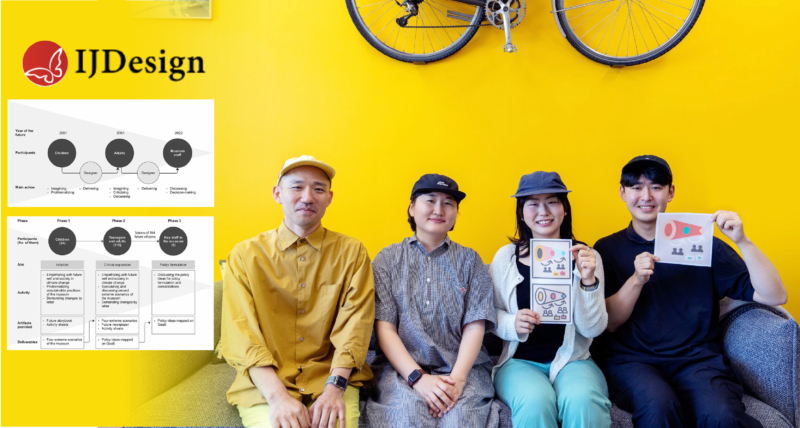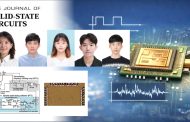UNIST and the National Museum of Modern and Contemporary Art (MMCA) collaborated on innovative policy designs to tackle the climate crisis. Through participatory futuring with citizens, which also refers to as a participatory process of experiencing the future with and for citizens, various ideas and directions for achieving carbon neutrality were generated.
At the participatory policy workshop in exploring the carbon-neutral future of MMCA, Professor Seungho Lee and his design team proposed a carbon neutrality practice plan. The workshop drew participation from 164 citizens, spanning all age groups, from children to the elderly, who shared diverse opinions and insights.
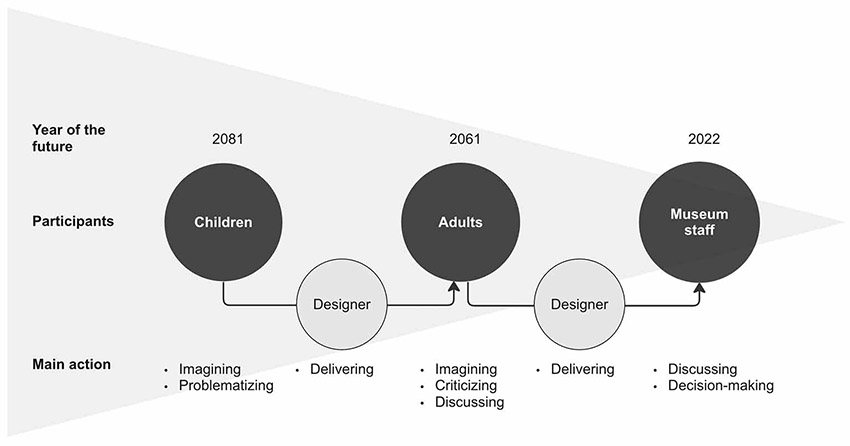
Figure 1. The series of workshops structured with a reversed futures cone.
The workshop produced actionable ideas, such as revising the existing regulations to enhance carbon neutrality in art galleries. Additionally, long-term strategies were discussed, including the potential distribution of art galleries into smaller-scale venues to reduce energy consumption.
Beginning with a workshop for children, the research team subsequently conducted sessions with youth, middle-aged individuals, and art gallery decision-makers. By synthesizing the perspectives of various age groups, the team effectively developed a cohesive carbon-neutral policy.
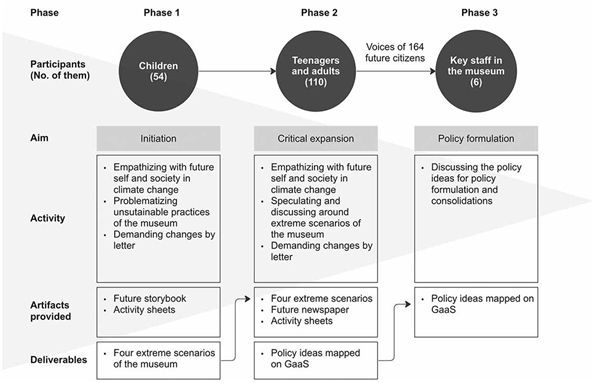
Figure 2. The series of workshops with their aims, activities, artifacts, and deliverables.
Central to the workshop were design approaches that prioritized the imaginations and opinions of children, recognizing the significant impact of the climate crisis on their futures. This initiative provided an essential opportunity for art galleries to explore sustainable operational strategies for future generations.
Participants utilized visual data to envision and discuss scenarios in which individuals and art galleries confront the climate crisis. By employing Nordic participatory design methodologies within domestic public institutions, the museum articulated forward-thinking policy strategies.
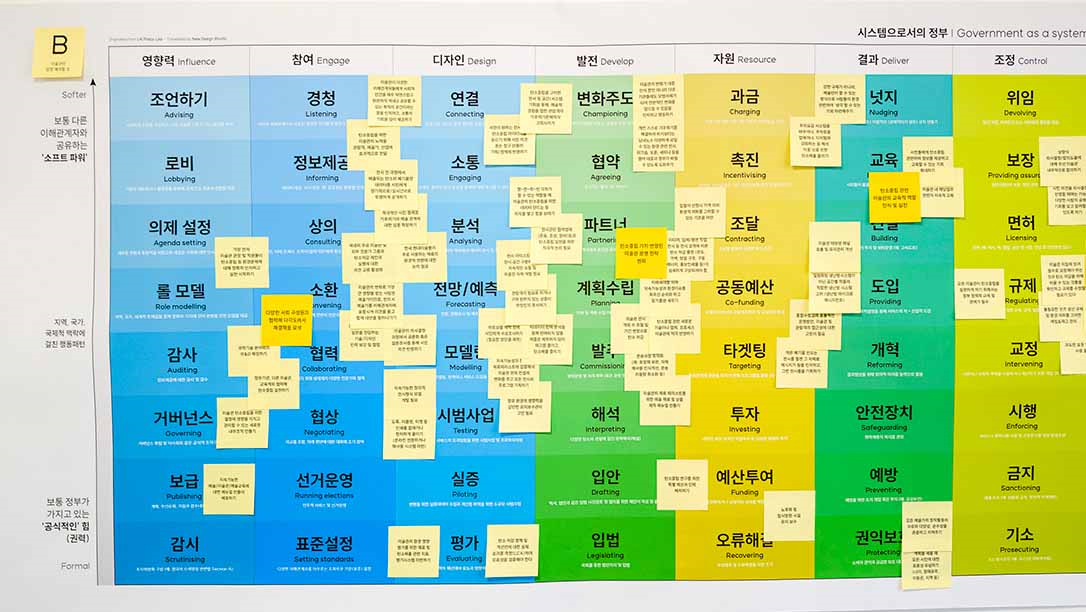
Figure 3. Policy ideas mapped onto the matrices of Government as a System toolkit (Category B in Korean).
Researcher Hyori Lee remarked, “We used future-oriented design thinking as a framework to test ideas and reflect on our current realities,” adding that “the citizen-participatory design workshop contributed to transforming the art museum into an institution prepared to address the climate crisis.”
Researcher Minju Han emphasized the necessity of fostering creativity among participants when addressing the topic of carbon neutrality. Researcher Byeongkuk Kwak noted the importance of identifying the desired carbon-neutral future as envisioned by citizens and establishing a shared consensus.
The findings of this research have been published in the International Journal of Design (IJD) on May 8, 2024. This research was conducted with support from the UNIST Carbon Neutral Institute and the Ministry of Trade, Industry, and Energy (MOTIE).
Additionally, the research team is collaborating with the Arts Management Support Center to explore strategies for addressing the climate crisis within the domestic performing arts community.
Journal Reference
Hyori Lee, Minju Han, Byeongkuk Kwak, and Seungho Park-Lee, “Participatory Futuring with Citizens as One Way of Designing for Sustainability Transitions of a National Art Museum in Korea,” Int. J. Des., (2024).


